The art of falling in love: why do we fall for certain people?
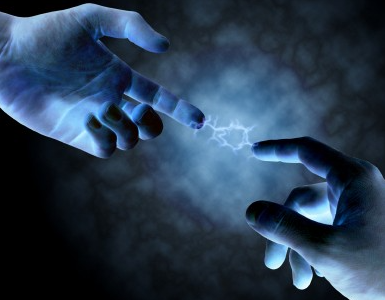
Did you know that sometimes the best relationships are born from short but powerful encounters? Like when you go to a party and run into someone wearing your favorite band t-shirt, or laughing at the same jokes as you, or even someone enjoying that unpopular sandwich that only you (or so you thought) loved. A little shared interest turns into a conversation that makes you exclaim, ‘That’s my favorite too!’ and from there a special connection is born.
This is known as the similarity-attraction effect: we usually like people who look like us, now, a reason behind this has been found, and the explanation is incredible. Professor Charles Chu, the brainiac at Boston University, launched into a series of studies to discover what makes us feel attracted or rejected by others and the most curious thing is that he discovered that everything is related to what psychologists call “self-essentialist reasoning”. What is it? It is when we believe that we have an inner “me” that defines us and shapes our interests, likes and dislikes, then if we find someone with a common interest, we assume that person shares our vision of the world in general. It’s as if we have a sixth sense!
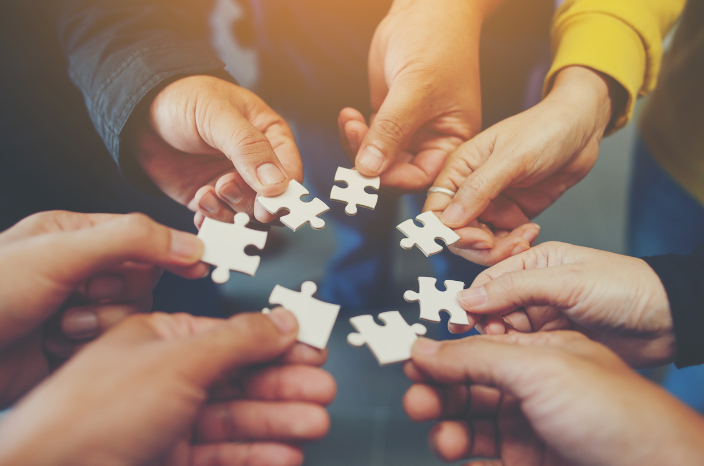

But, here comes the interesting thing: this desire to find a deep connection with someone based on one or two shared interests can lead us astray and limit our possibilities of connection with other people. Turns out we’re pretty picky and reject those we don’t think are like us, even for petty reasons like whether they like a politician, band, book, or TV show we hate. The truth is that we are all quite complex, but we only know our own thoughts and feelings in their entirety, while the minds of others are a mystery to us; what this study tells us is that we often fill in those gaps with our own perception of ourselves and that leads us to make unfair assumptions.
These findings have interesting implications, especially in the world of business and politics, in negotiations, for example, we make judgments about others and how power and resources should be distributed. But in an increasingly polarized world, it’s important to keep in mind that our impressions and decisions are influenced by our internal beliefs and that can limit our vision.
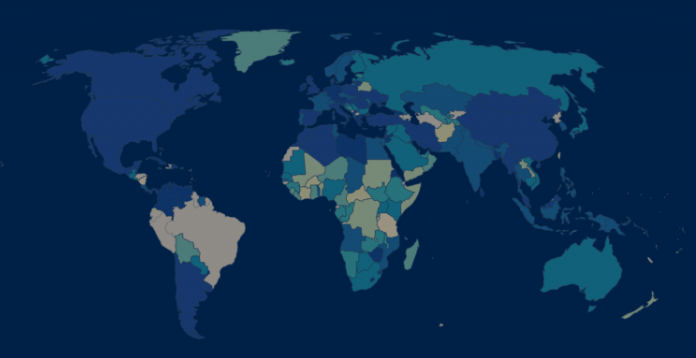
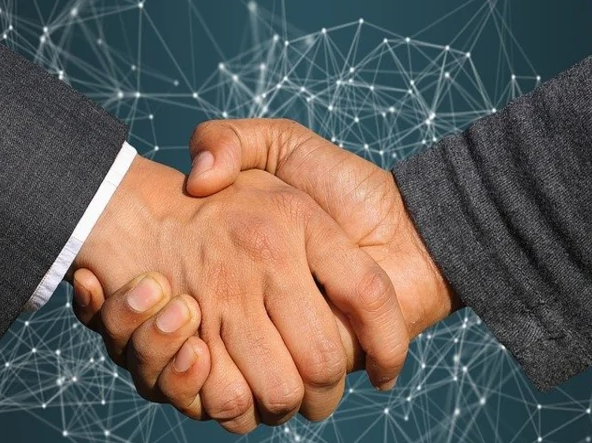
So the next time you come across someone who seems different from you, take an extra moment and don’t just be swayed by an idea or an opinion. People are much more complex than we think, and the key to true connection lies in not just looking for similarities, but in opening up to diversity and understanding others beyond our own perception. Remember, don’t get caught up in the idea of ”I’m like you” or “you’re not like me”, there are many more productive ways to meet and form impressions of others!




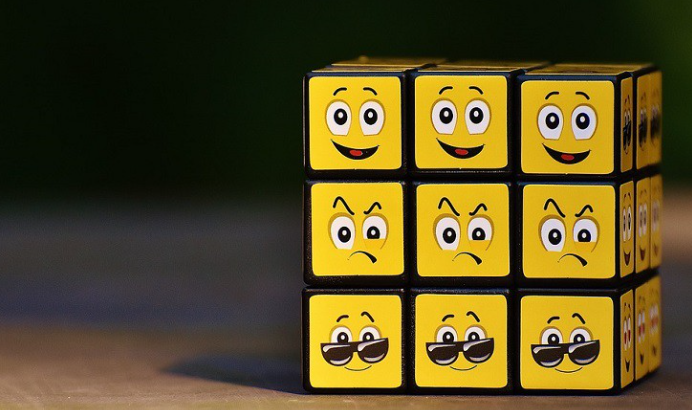
Responses